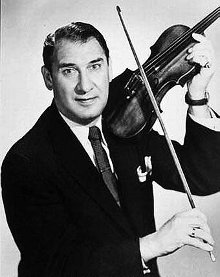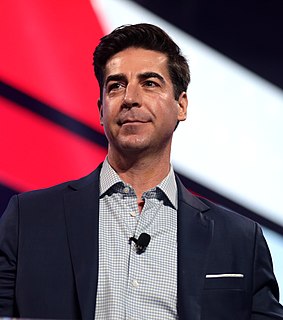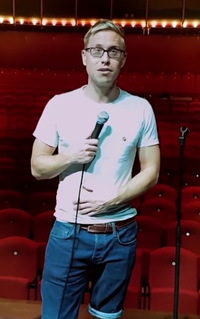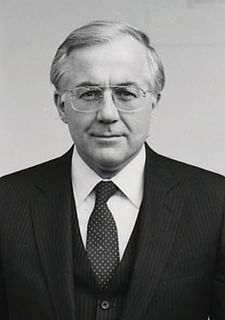A Quote by Henny Youngman
My brother then bought 1000 Japanese cameras. They all go, "Crick".
Related Quotes
I think there are two different types of people in television. There are people who can turn it on like a switch when the cameras go on, and then, when the cameras go off, they kind of lower it down a little bit. And then there are people who are on all the time, no matter if the cameras are there or not.
In fact, on one occasion, a rather pedantic experimental psychologist was telling him about a long, complicated experiment he had done, incorporating all the proper controls and using considerable technical virtuosity. When he saw Crick's exasperated expression he said, "but Dr. Crick, we have got it right - we know it's right," Crick's response was, "The point is not whether it's right. The point is: does it even matter whether its right or wrong?"
Every time my cameras go out on a movie, we learn something new and then we take what we learn and we put it into the next generation of the cameras so we're constantly improving. It's kind of like building a race car, racing it, then running back to the shop and working on the engine some more and tinkering with it to improve it.
Going from Army base to base as a kid taught me to be a man of all nations. I'd go to the Jewish people and say, 'Shalom, brother.' I go to the Muslim people and say, 'Salaam aleikum.'I go to the Chinese people and say, 'Nee hao mah,' which means, 'How you doin'?' I go to the Japanese people and say, 'Konnichiwa.' I go to San Antonio, Texas, and I get along with Mexicans. Then I go to Louisiana and hang with the Creoles. Moving around a lot made me a man of all people.
I've been doing photography in one form or another for, oh golly, over seventy years. I don't carry cameras. I used to. For many years I carried cameras wherever I went. Photograph whatever I saw that was of interest. In the last years, I've only used cameras to explore thematic ideas which presented themselves first. And then bring out the cameras to try to explore that idea.
For a period of time, I carried cameras with me wherever I went, and then I realized that my interest in photography was turning toward the conceptual. So I wasn't carrying around cameras shooting stuff, I was developing concepts about what I wanted to shoot. And then I'd get the camera angle and do the job
For a period of time, I carried cameras with me wherever I went, and then I realized that my interest in photography was turning toward the conceptual. So I wasn't carrying around cameras shooting stuff, I was developing concepts about what I wanted to shoot. And then I'd get the camera angle and do the job.
































